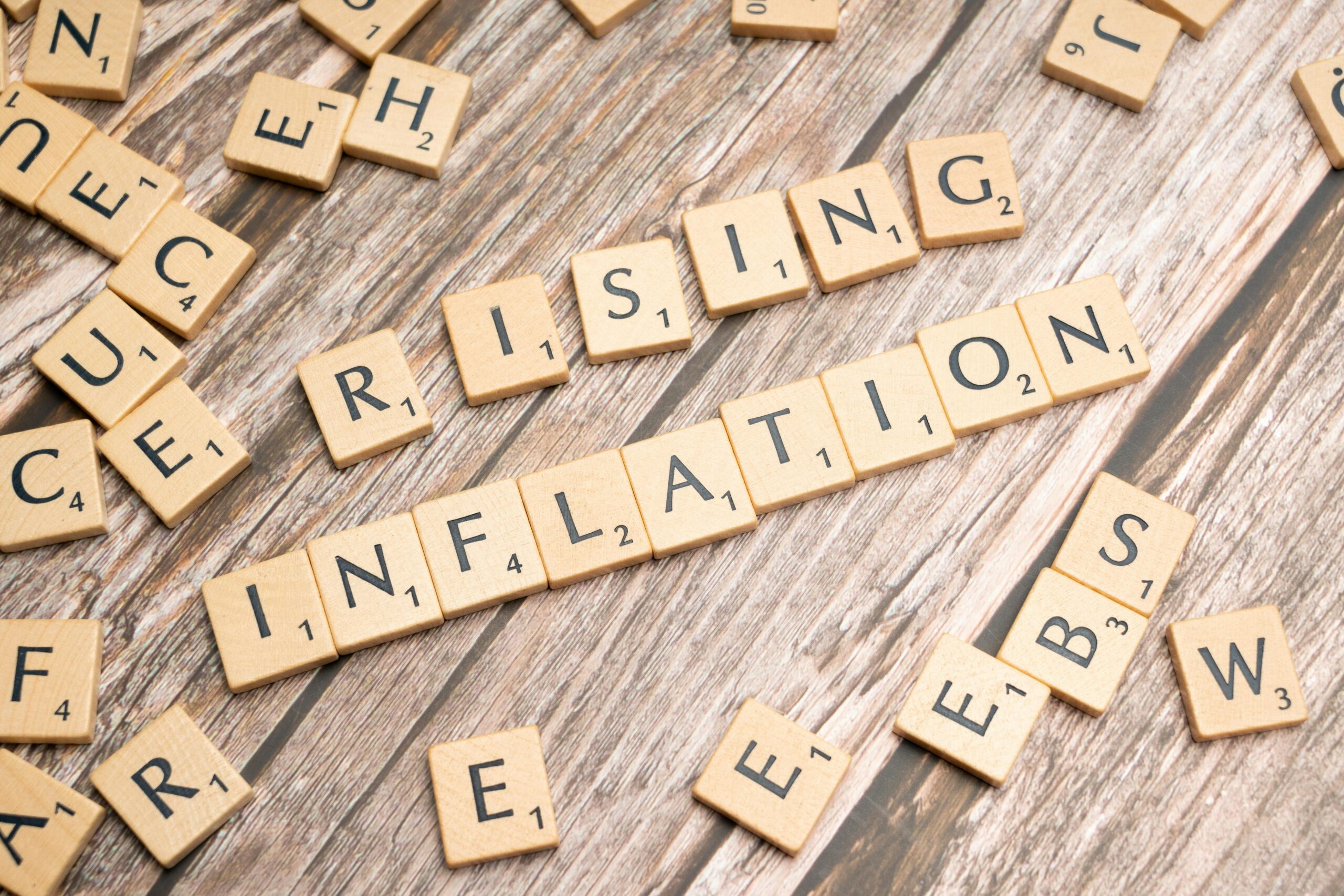
In February, the value of homes in New Zealand went up by 0.3%. This shows that the increase in prices has been slowing down since December. Although home values have been rising for five months in a row, the rate of increase has been slower compared to the previous months.
The average value of a property in New Zealand is now $930,495, which is higher by 2.8% compared to the lowest point in September. However, it is still 10.8% lower than the highest point it reached before. In February, most of the main cities saw a small increase in home values, ranging from 0.1% to 0.6%. Wellington had the strongest rise, while Hamilton, Tauranga, and Christchurch had marginal increases, and Dunedin and Auckland had a slight uptick.
According to Kelvin Davidson, the Chief Property Economist at CoreLogic NZ, the recent modest increase in house prices indicates that the housing market recovery is not progressing in a straight line. He mentioned that high mortgage rates and low property sales volumes have contributed to the slower growth in property values. Buyers and sellers are taking their time because saving for a deposit, meeting loan criteria, and assessing finances are challenging.
Although the official cash rate is currently stable, there is still a possibility of an increase in the near future. However, it is unlikely that there will be any cuts in the official cash rate for a while. As a result, shorter-term fixed mortgage rates could remain high. This means that the housing market could continue to have mixed results, with different factors affecting each region and affordability issues limiting the demand for properties and the growth of prices.

In February, the sub-markets in Auckland showed a relatively close grouping in terms of property values, except for North Shore, which saw a decrease of 0.8%, and Auckland City, which had an increase of 0.7%. Over the past three months, all the markets have experienced an increase in property values. Manukau had the highest gain at 3.5%, while Franklin just entered positive territory with a small increase of 0.1% compared to the previous year.
According to Mr. Davidson, Auckland’s housing market has clearly improved compared to the slower periods in 2022 and most of last year. However, despite strong population growth, challenges such as housing affordability and high mortgage rates still persist. It will be an interesting year ahead for Auckland’s largest housing market.
Source from corelogic.co.nz: https://www.corelogic.co.nz/news-research/news/2024/soft-start-to-2024-extends-into-february?utm_medium=email&utm_source=newsletter&utm_campaign=nz-res-hpi-2024-mar
The opinions and research contained in this article are provided for information purposes only, are intended to be general in nature, and do not take into account your financial situation or goals.




